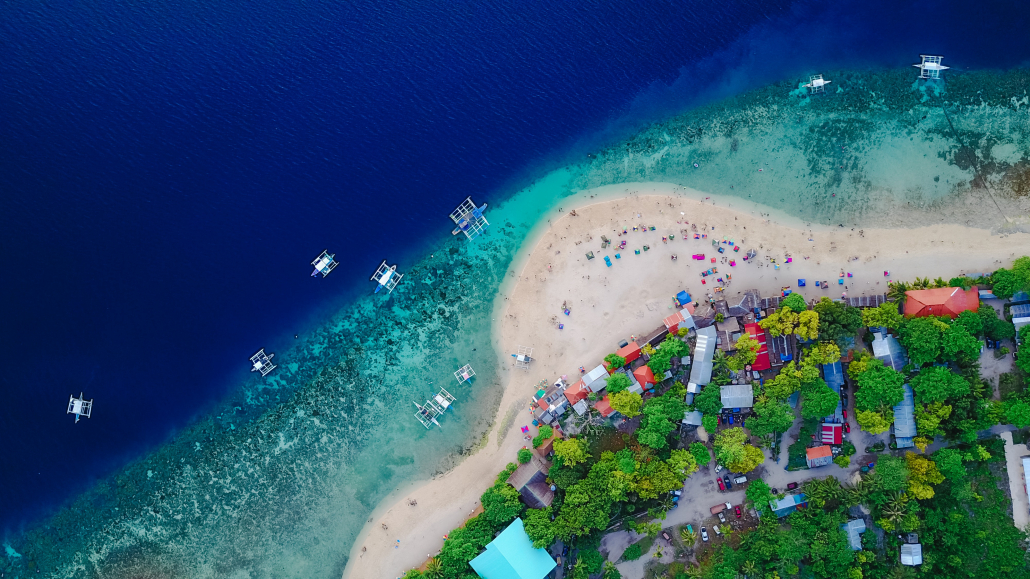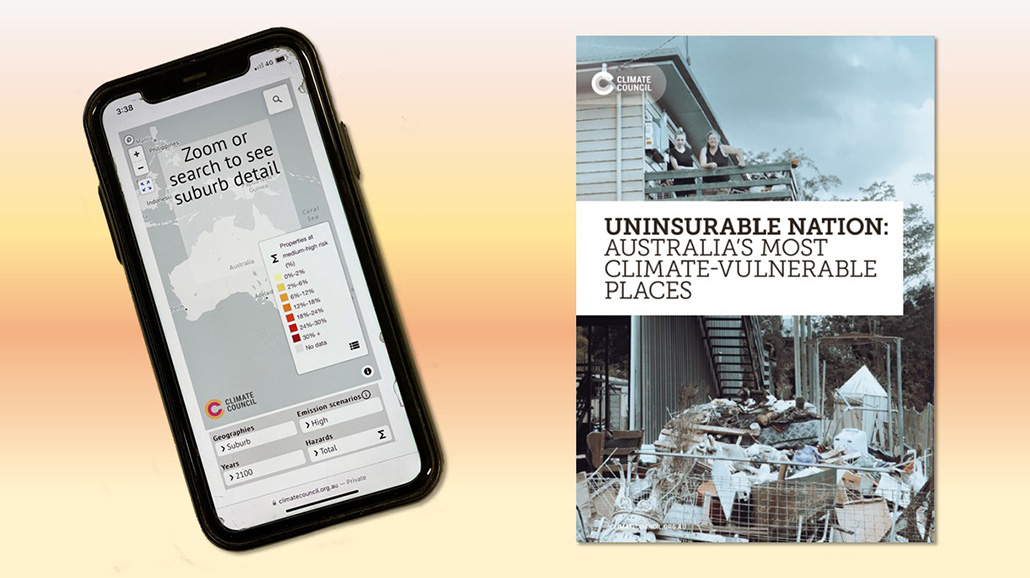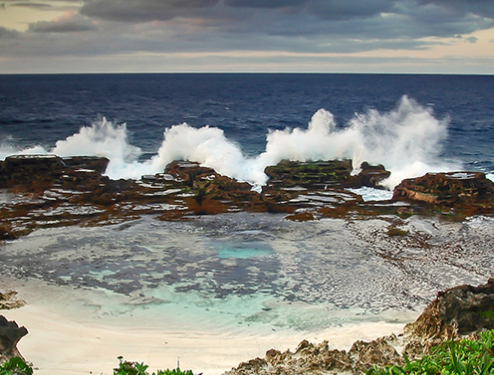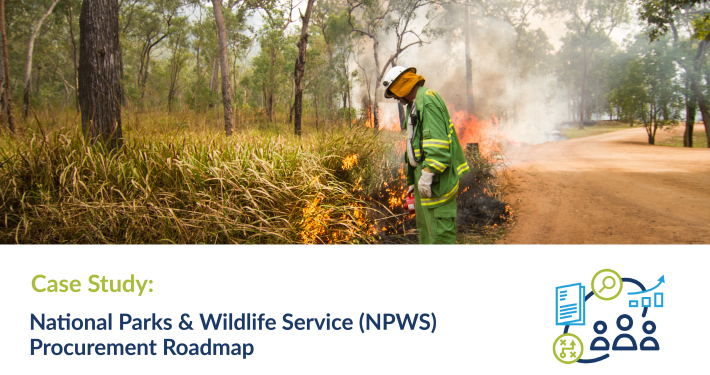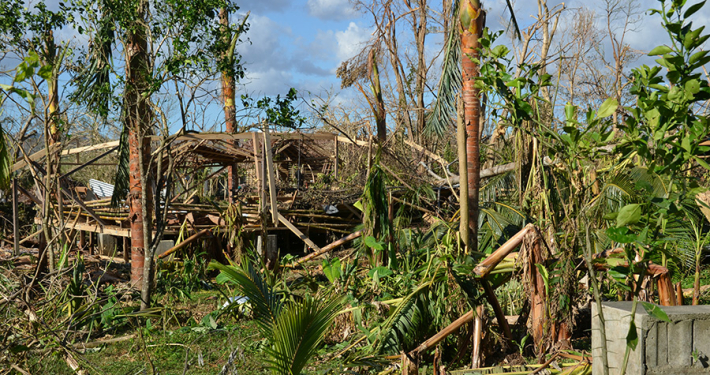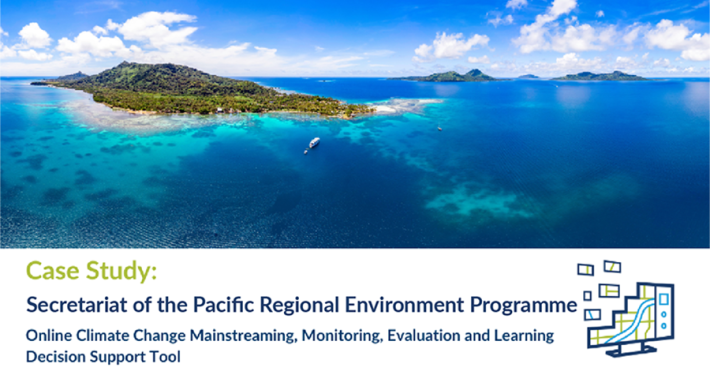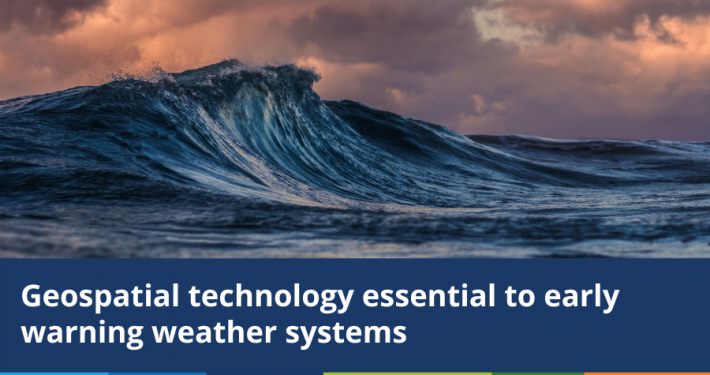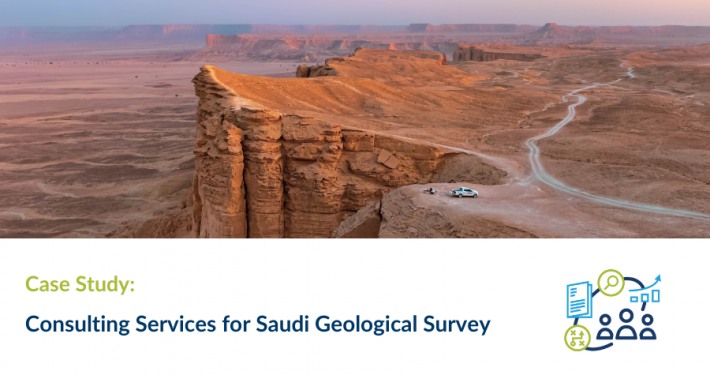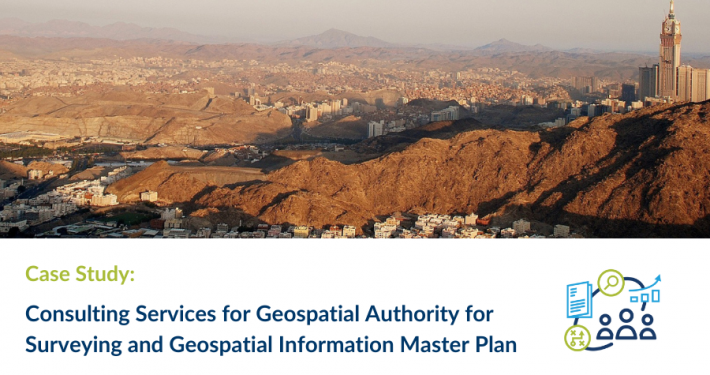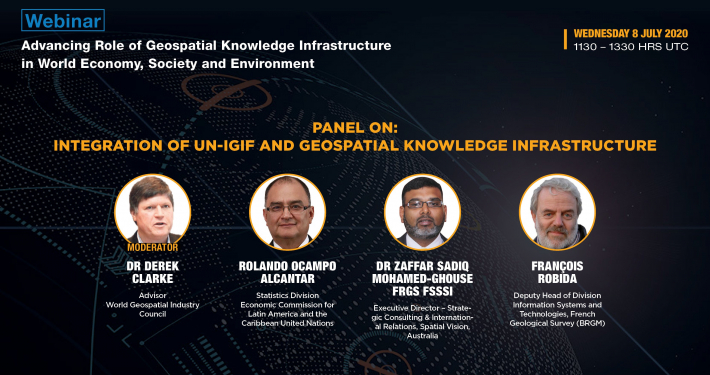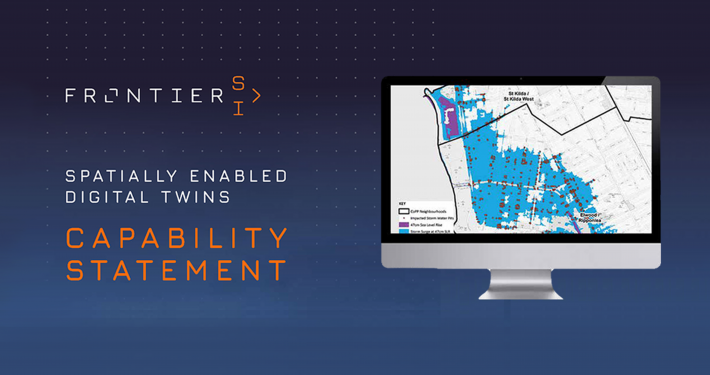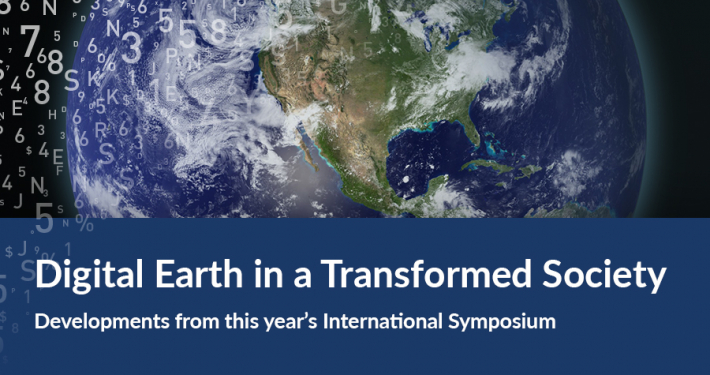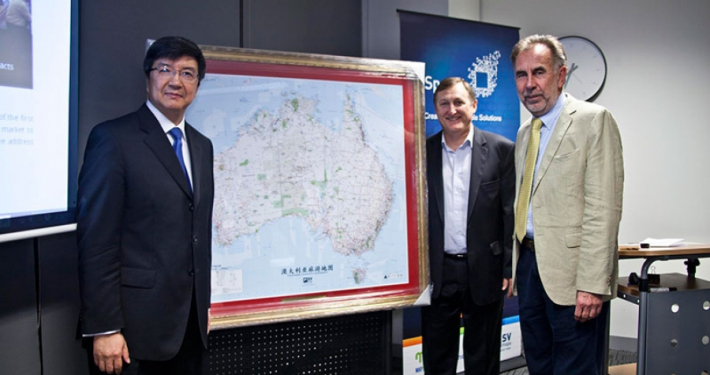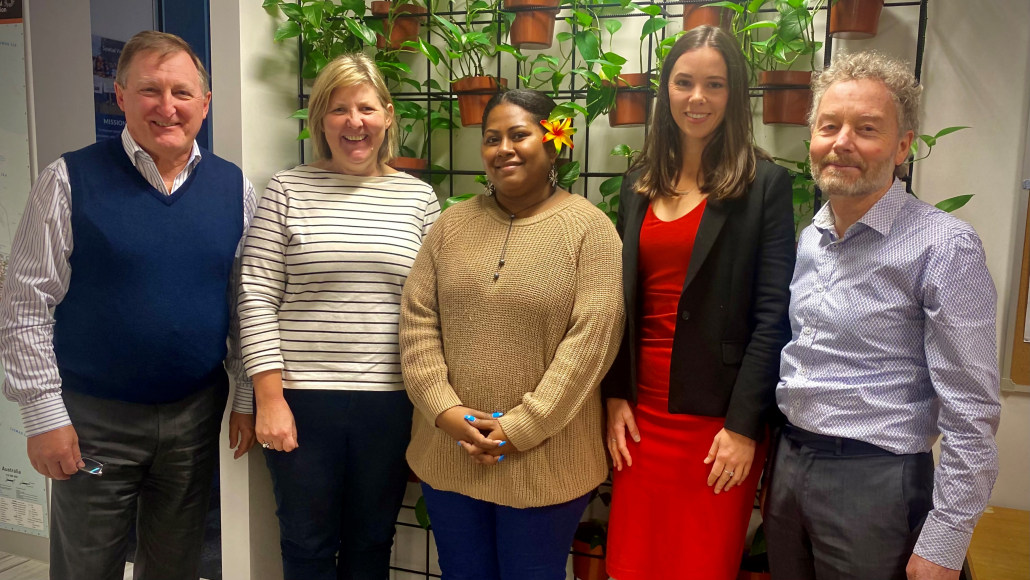 The Pacific Geospatial Skills Development Program provides opportunity for an individual from a Pacific Island Country or Territory to advance their spatial skills with leading Australian spatial consultancy, Spatial Vision.
The Pacific Geospatial Skills Development Program provides opportunity for an individual from a Pacific Island Country or Territory to advance their spatial skills with leading Australian spatial consultancy, Spatial Vision.
Carried out over 12 weeks, the program provides the selected candidate the opportunity to deliver a geospatial project relating to their area of interest and demonstrate that a specific problem can be solved with spatial technology.
Commencing with two weeks in Melbourne, the candidate will work alongside Spatial Vision’s team to select a sustainability or climate-related issue. Then they will develop a project plan to help demonstrate the issue can be solved with spatial technology.
The final ten weeks will be carried out virtually, where the candidate will have access to industry leading professional mentors, cutting-edge tools and technology to learn spatial skills and deliver the project. On conclusion, the candidate will be invited to Melbourne to present the final outcomes of the work.
The program also aims to strengthen the relationship between the Australian private industry and the Pacific Islands region.
 https://spatialvision.com.au/wp-content/uploads/2024/08/GCA-awards_600x350.jpg
354
600
Samantha Sinclair
https://spatialvision.com.au/wp-content/uploads/2020/04/SV_Logo_Inline.png
Samantha Sinclair2024-08-26 11:38:572024-10-11 15:55:07Celebrating success at the Geospatial Council of Australia awards 2024
https://spatialvision.com.au/wp-content/uploads/2024/08/GCA-awards_600x350.jpg
354
600
Samantha Sinclair
https://spatialvision.com.au/wp-content/uploads/2020/04/SV_Logo_Inline.png
Samantha Sinclair2024-08-26 11:38:572024-10-11 15:55:07Celebrating success at the Geospatial Council of Australia awards 2024


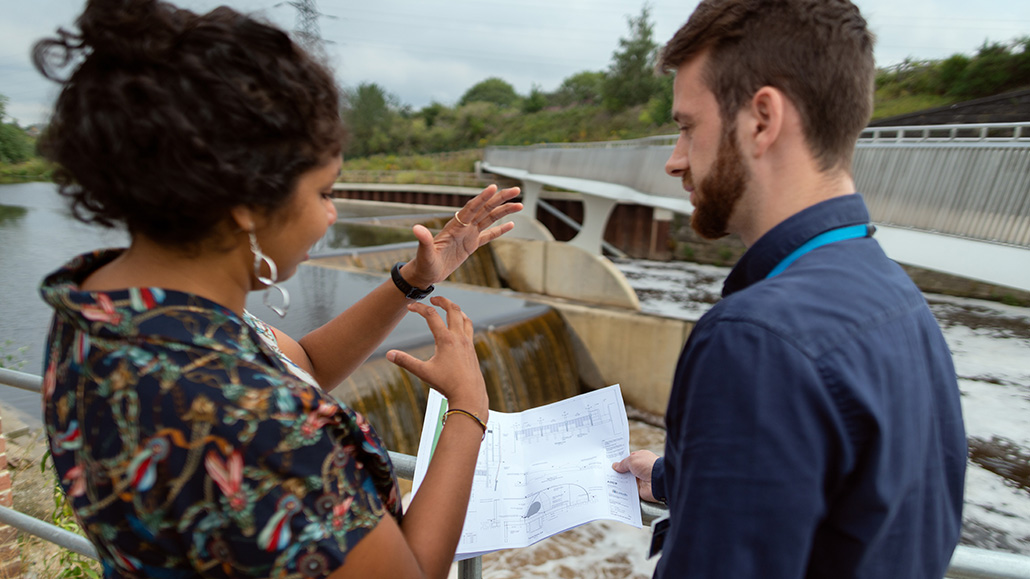


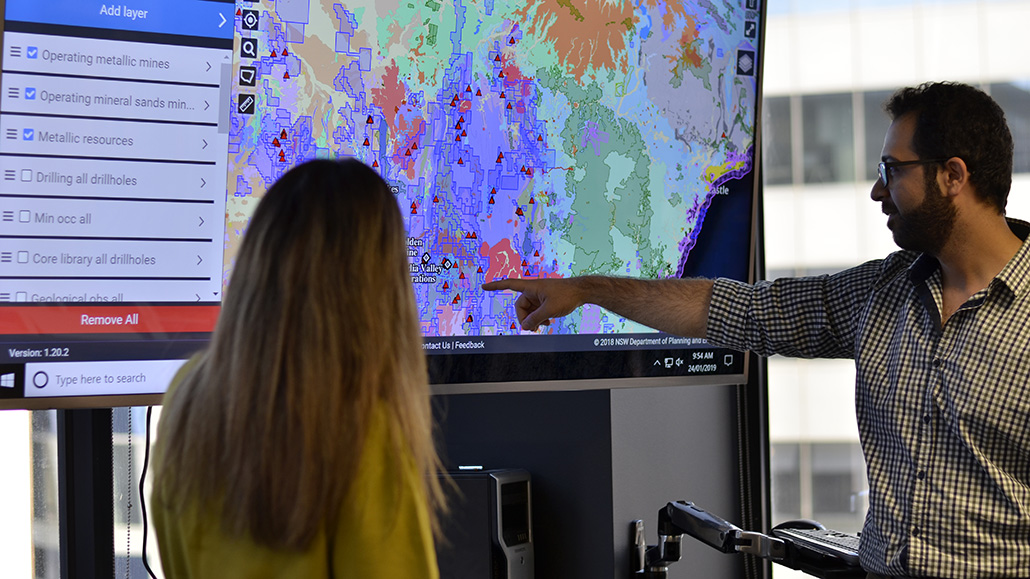
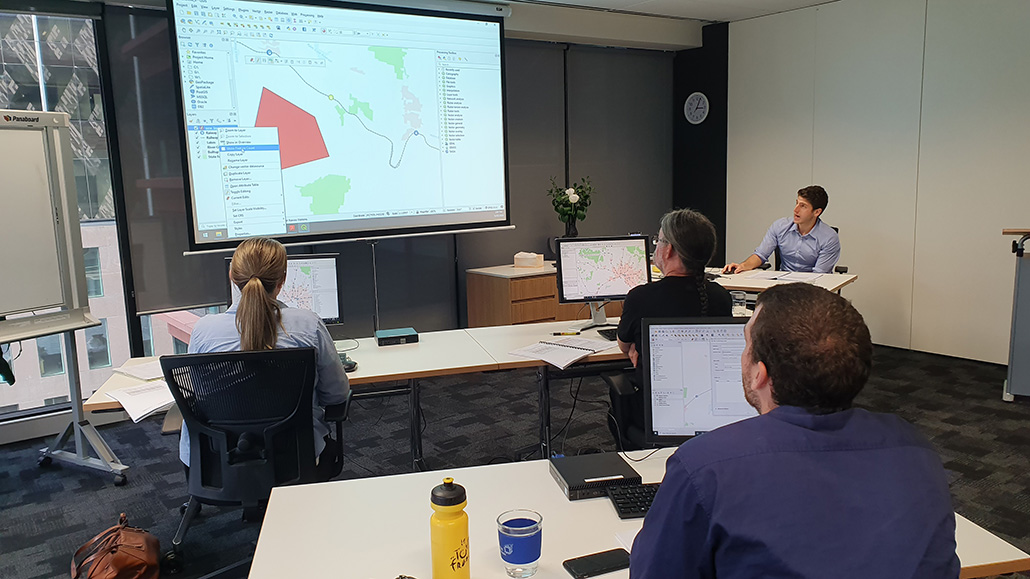
 The Pacific Geospatial Skills Development Program provides opportunity for an individual from a Pacific Island Country or Territory to advance their spatial skills with leading Australian spatial consultancy, Spatial Vision.
The Pacific Geospatial Skills Development Program provides opportunity for an individual from a Pacific Island Country or Territory to advance their spatial skills with leading Australian spatial consultancy, Spatial Vision.